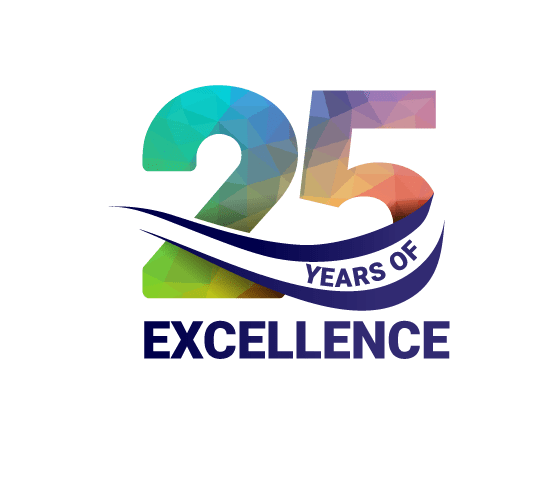Program
- Computer Science Engineering (AI & ML)
Infrastructure
- Fully Equipped Labs
- Comfortable Lecture Hall
- 365 Days, 24/7 Opened Library
Admissions
- Autonomous Institute
- Affiliated to JNTUA, Ananthapuramu
- Accredited by NAAC
Program Educational Objectives (PEO's)
After few years of graduation the, graduates of Computer Science and Engineering (Artificial Intelligence and Machine Learning) shall
PEO1: Expertise with computer science and Engineering, artificial intelligence and machine learning disciplines through quality studies, enabling success in IT industries. (Professional Competency)
PEO2: Establish start-up companies or employed in reputed computing industries or government sectors or pursue higher studies in the domain of CSE (AI & ML) (Successful Career Goals)
PEO3: Enhance knowledge by updating advanced technological concept for facing the rapidly changing world and contribute to society through innovations and creativity. (Continuing Education and Contribution to Society)
Program Specific Outcomes (PSOs)
On Successful completion, the graduate will be able to,
PSO1:Demonstrate and analyse the mathematical methodologies to develop computer programs using networking, web design, big data analytics, machine learning algorithms, data science, neural networks and deep learning techniques.
PSO2:Deploy the artificial intelligence techniques to perform human intelligence in creating innovative products and solutions.
Program Outcomes (POs)
1. Engineering knowledge: Apply the knowledge of mathematics, science, engineering fundamentals, and an engineering specialization to the solution of complex engineering problems.
2. Problem analysis: Identify, formulate, review research literature, and analyze complex engineering problems reaching substantiated conclusions using first principles of mathematics, natural sciences, and engineering sciences.
3. Design/development of solutions: Design solutions for complex engineering problems and design system components or processes that meet the specified needs with appropriate consideration for the public health and safety, and the cultural, societal, and environmental considerations.
4. Conduct investigations of complex problems: Use research-based knowledge and research methods including design of experiments, analysis and interpretation of data, and synthesis of the information to provide valid conclusions.
5. Modern tool usage: Create, select, and apply appropriate techniques, resources, and modern engineering and IT tools including prediction and modeling to complex engineering activities with an understanding of the limitations.
6. The engineer and society: Apply reasoning informed by the contextual knowledge to assess societal, health, safety, legal and cultural issues and the consequent responsibilities relevant to the professional engineering practice.
7. Environment and sustainability: Understand the impact of the professional engineering solutions in societal and environmental contexts, and demonstrate the knowledge of, and need for sustainable development.
8. Ethics: Apply ethical principles and commit to professional ethics and responsibilities and norms of the engineering practice.
9. Individual and team work: Function effectively as an individual, and as a member or leader in diverse teams, and in multidisciplinary settings.
10. Communication: Communicate effectively on complex engineering activities with the engineering community and with society at large, such as, being able to comprehend and write effective reports and design documentation, make effective presentations, and give and receive clear instructions.
11. Project management and finance: Demonstrate knowledge and understanding of the engineering and management principles and apply these to one’s own work, as a member and leader in a team, to manage projects and in multidisciplinary environments.
12. Life-long learning: Recognize the need for, and have the preparation and ability to engage in independent and life-long learning in the broadest context of technological change.

